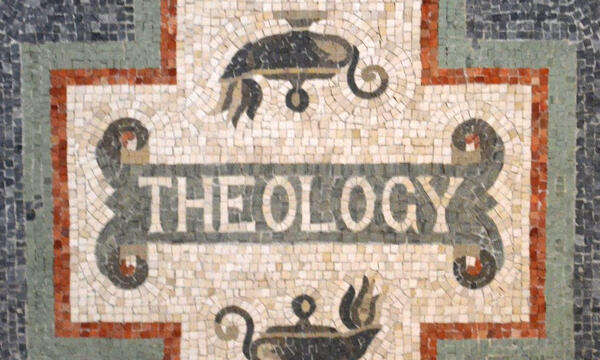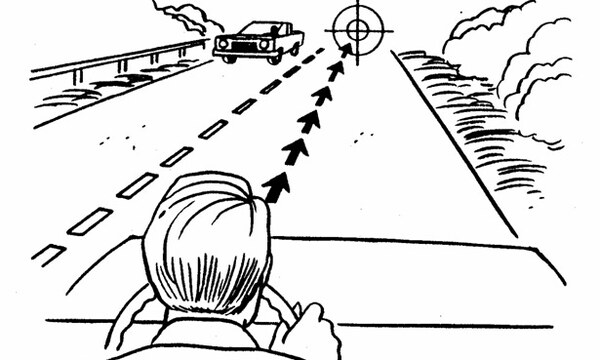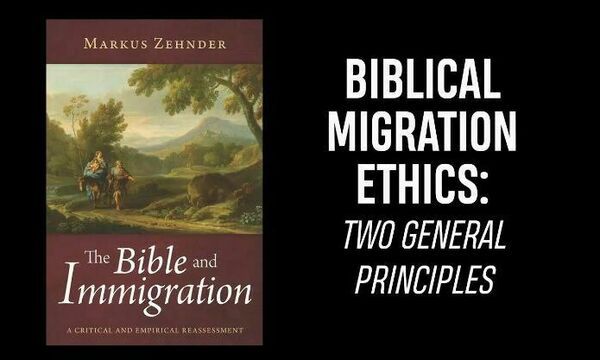Category: Ethics
Recommended Reading on Virtue Ethics
Part four of a four-part blog series — "Let’s Talk about Christian Character, Virtue Ethics and Sanctification"
How to Alleviate Poverty Without Hurting the Poor
An Analysis of "When Helping Hurts" and Other Relevant Works
 Biola University
Biola University.jpg)
.jpg)

.jpg)

.jpg)
.jpeg)
.jpg)

.jpg)

.jpg)
.jpg)
.jpg)
.jpg)



